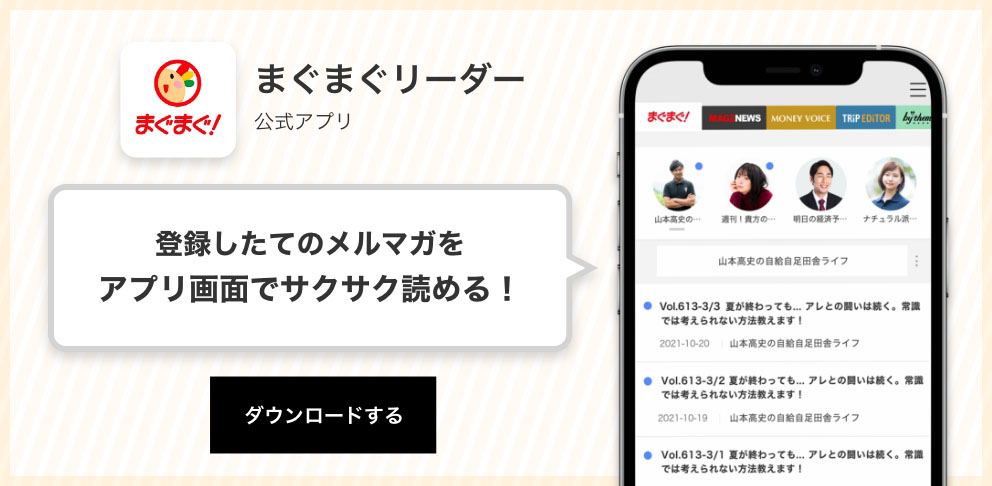【高校英語】過去問攻略!大学入試センター試験 vol.944≪2015年第6問≫
【高校英語】共通テストの英文解釈□--■--□--■--□--■--□--------------------------------------------◆
【高校英語】過去問攻略!大学入試センター試験 vol.944
≪2015年第6問≫ 月・水・土発行 2020/10/14配信
◆----------------------------------------□--■--□--■--□--■--□--■
目次・・・■ 問題 ■ 全文訳 ■ 解答・解説 ■ 語句 ■ 解答一覧
━━━━━━━━━━━━━━━━━━━━━━━━━━━━━━━━━━━━
このメルマガでは、大学入試センター試験の問題を詳細に解説します。
今回取り上げる問題は、2015年英語第6問です。
■ 問題
第6問 次の文章を読み、下の問い(A・B)に答えよ。なお、文章の左にある
(1)~(6)は段落の番号を表している。
[Catching Bees and Counting Fish: How "Citizen Science" Works]
(1) It's sunny afternoon here in Texas, and my wife Barbara is at the
park again, counting and recording the number of eggs laid by monarch
butterflies. After collecting her data, she'll share it with the
professional scientist who recruited her. In another state, our friend
Antonio listens for frogs by visiting 12 different sites, four times a
year. He has been submitting his findings to scientists for almost 20
years now. And on the other side of the country, our niece Emily is
catching native bees, putting tiny tags on them, and handing in weekly
reports to the biology department at a local university. Nobody is paying
Barbara, Antonio, or Emily for their efforts, but all three consider
themselves lucky to be "citizen scientists."
(2) When volunteers participate as assistants in activities like these,
they are engaging in citizen science, a valuable research technique that
invites the public to assist in gathering information. Some of them are
science teachers or students, but most are simply amateurs who enjoy
spending time in nature. They also take pride in aiding scientists and
indirectly helping to protect the environment. The movement they are
involved in is not a new one. In fact, its roots go back over a hundred
years. One of the earliest projects of this type is the Christmas Bird
Count, started by the National Audubon Society in 1900. However, citizen
science projects are [burgeoning] more than ever: over 60 of them were
mentioned at a meeting of the Ecological Society of America not long ago.
(3) In formal studies, professional scientists and other experts need to
maintain the highest possible standards. For research to be accepted as
valid, it must not only be thorough, but also objective and accurate. Some
might argue that citizen scientists cannot maintain the necessary
attention to detail, or that amateurs will misunderstand the context of
the investigation and make mistakes when collecting and organizing
information. In other words, can citizen science be considered truly
reliable?
(4) Two recent studies show that it can. The first focused on volunteer
knowledge and skills. In this study, a scientist asked volunteers to
identify types of crabs along the Atlantic coast of the US. He found that
almost all adult volunteers could perform the task and even third graders
in elementary school had an 80% success rate. The second study compared
professional and nonprofessional methods. Following a strict traditional
procedure, a group of 12 scuba divers identified 106 species of fish in
the Caribbean. Using a procedure designed by professionals to be more
relaxed and enjoyable for volunteers, a second group of 12 divers spent
the same amount of time in the same waters. Surprisingly, the second
method was even more successful: this group identified a total of 137
species. Results like these suggest that research assisted by amateurs can
be trusted when scientists organize it.
(5) The best citizen science projects are win-win situations. On the one
hand, the scientific community gains access to far more data than they
would otherwise have, while spending less money. On the other hand,
citizen science is good for the general public: it gets people out into
the natural world and involved in scientific processes. Additionally, when
people take part in a well-designed study that includes training to use
equipment, collect data, and share their findings, they have the
satisfaction of learning about new ideas and technologies.
(6) I find it encouraging that the list of scientific studies using
citizen scientists is quickly getting longer. Still, we're just beginning
to realize the potential of citizen science. More scientists need to
recognize how much volunteers can contribute to professional research. As
I see it, it's time for us to expand the old, conservative view of
"science for people" to include a more democratic one of "science by
people."
この続きを見るには
この記事は約
NaN 分で読めます(
NaN 文字 / 画像
NaN
枚)
これはバックナンバーです

